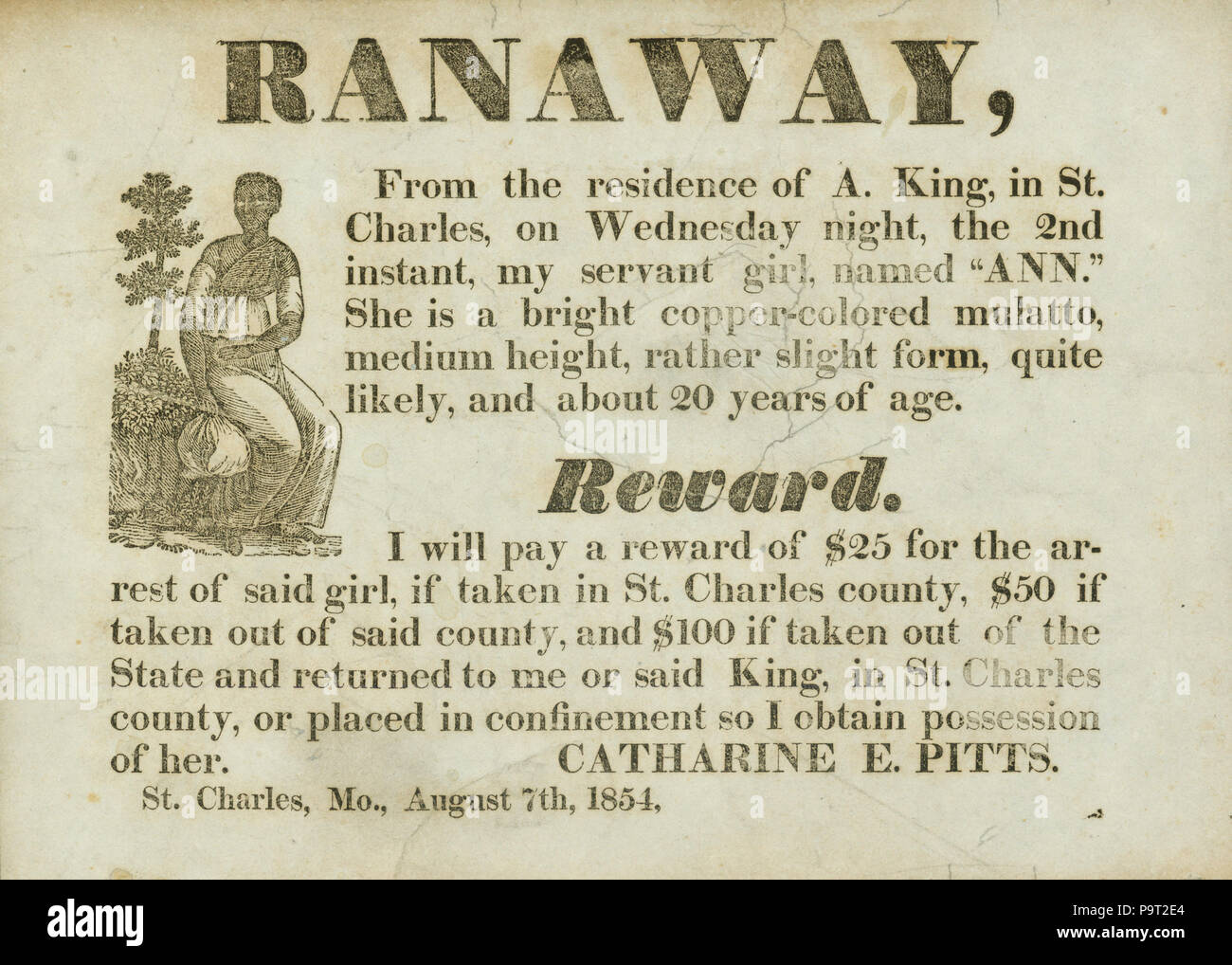

Views of Lincoln roiled like magma during the crisis of Civil War, proving to be volatile and unstable among even his own allies.

Attitudes toward Abraham Lincoln, the leader who oversaw a democratic society through a convulsive war that ended slavery, have changed dramatically and along a clear time line. Yet rocks themselves are constantly melting down, crystallizing, combining with new elements, deteriorating a grain at a time, shattering, and transforming under pressure. He was personally wary of excessive emotion yet capable of eliciting intensely emotional reactions, and attitudes toward him have changed volatilely, both during and since the Civil War. In some ways, these rock-solid memorials contrast with the instability of Americans’ attitudes toward Lincoln. The Mount Rushmore profile of a steadfast Abraham Lincoln gazes stoically, while the Lincoln Memorial in Washington, D.C., exudes cool, impervious steadiness.


 0 kommentar(er)
0 kommentar(er)
